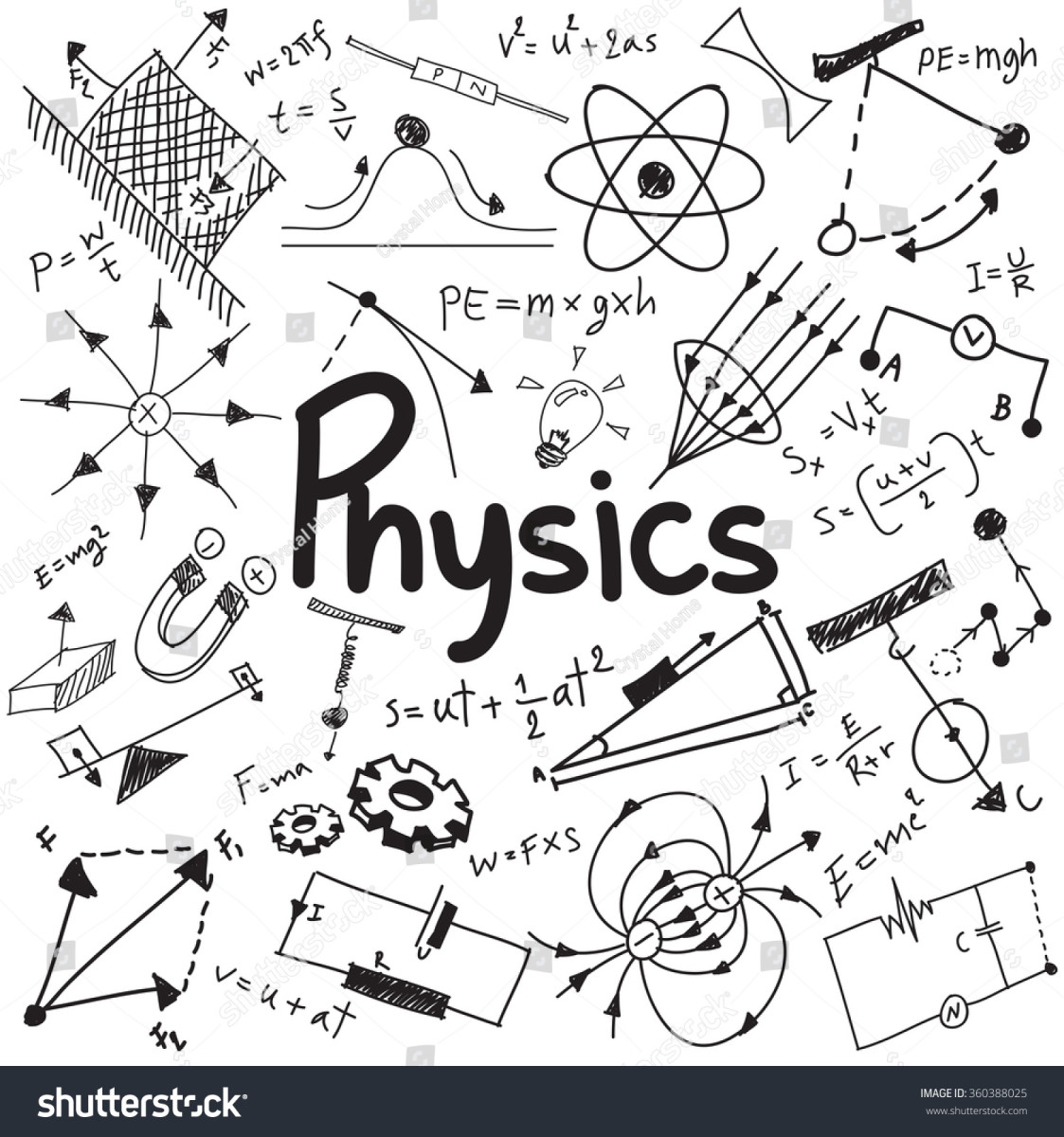Secrets on How to Become Academic Superstar

Secret Tips on How to Become an Academic Super-Star
Academic works are not easy tasks. Although it does not require much of physical energies. The amount of discipline required is damning. It requirements an immensely enormous mental energy.
In an interview, a top student was asked what the secret of his academic success was. His answer was mind-blowing. “It’s understanding and knowing the power of my mind; and then making a deliberate choice and efforts to tapping into that power—knowing what constitute confusing materials and information; and what understandable”.
This answer struck a familiar cord and sent the interviewer an emotional message. He couldn't hold back his emotions. Those phrases were precisely strong and reverberate that get the interviewer was wowed! This short and precise answer contains many helpful hints. It sets the stage for this article, “How to become an academic superstar”. We shall use each component of the above answer to uncover the secret to becoming an academic superstar.
- Understanding Your Mind
Being an academic star is a function of understanding. This understanding can be divided into self-understanding and material understanding. If we study the components above and understood each of the hints. We may succeed academically.
Basically, the mind is like a photographic template (a similitude of photographic negative in a photo camera) upon or onto which information and ideas are imprinted, recorded and/or stored. It’s programmable. By this, I mean the mind can be programmed or taught a particular way to behave, respond and do things. These includes how to get things done, at what times to get them done and in what manner they should be done. The programming of the mind determines to an extent its capacity and ability—particularly for task readiness. So a restrictively programmed mind has little capacity and room for accommodation. For instance, the mind has the capacity to expand or dissociate. All you need to do is to keep changing your perception, perspective until a new mindset is formed. As the mind changes, so does its capacity grows.
When you tell your mind to save a file because it’ll be needed or required later. The mind does exactly that. When it’s time to retrieve the information. It’s produced. There could be forgetfulness though, which in itself is functions of many factors. This I shall explore subsequently.
Why is understanding your mind all important to academic performance? Does it mean if I don’t understand my mind I can’t pass exams?
No! Not exactly! But you remember Williams Shakespeare’s advice, “Man: know thyself”? That advice is worth more than any secret you can ever learn because you’re always in the centre of making everything happen. So it’s important to understand your mind for the following reasons: First, the mind is the gateway into your brain (that’s, everything that enters your brain passed through your mind). Secondly, the mind can create or kill possibilities, brain retention capacity and subsequently, stored file retrieval. It does this through:
- Doubts and unbelieves
- Rejections and hatred
- Improper file storage leading to confusion or difficulty in location
- Worries and shift-wandering; and
- Instability and insecurity
So if you don’t believe what you’re learning or hate the person that taught it or the topic or rejects the information by way of doubts, worries or wanders too much, or you’re insecure. Saving such information being taught or read becomes a problem. Chances are that it won’t stick. The brain won’t properly concentrate and articulate the information and ideas into a retrievable file.
Thirdly, the mind works to brings relatable images, object, similar ideas and other related information similar to those being passed, studied or processed for better understanding. This is because information in the brain are not stored in isolation. They’re collected, connected and stored in relation to other information or existing files (Images, objects and ideas).
Your mind is key to how you understand things. So understanding your own mind is one key element you can hardly do without. It’s key to understanding ideas and information; and subsequently the knowledge that leads to good academic performance. You must, therefore, take the necessary care and precautions to understand your mind since you can’t simply do without it.
2. Applying what you’ve understood of your mind
As faith without action is dead, so is understanding without application. When we talk about self-discovery, it’s coming to a sudden realization of the power and potentials we have. This discovery or the potentials are functions of the mind. There are power and potentials in our mind which we don’t even know about. When we realized this power suddenly, we surge in a certain way—breaking out of dormancy. This can result in extreme sudden success in certain areas of our lives.
So applying what you’ve understood of your mind is the action part of learning yourself. These may include knowing when your mind is most active and excited about doing certain or a particular thing. Choosing that time to do the task, or knowing what you want and actually doing or going after it. This maximises productivity and results. It’s believed that every person has ‘productive cycle’ and a peak within every cycle.
These are a few ways to apply what you’ve understood of your mind
- Knowing when your mind is most willing to learn; then chose that time as your learning time
- Knowing what works for you; then chose to do it
- Knowing the best method that works with your mind; then adapt that method for optimum results
- Knowing when to compel your mind to do things that are necessary even when you’re willing
-
Adjusting your mind to adapt new strategies that advance learning
3. Knowing What Constitutes Confusing And Understandable Materials
Academic performance is all about knowing what constitute confusing and understandable materials. No matter the method of learning adapted. If you can’t differentiate these two, you can’t hit your peak. There are materials that cannot be understood. You’ve to take them the way they are. Also, there are information you cannot utter. Knowing and separating this stuffs is a big win against academic tasks. Another important factor is method of learning or reading. The method chosen is key to performance and results. This knowledge of knowing what constitute confusing and understandable materials is key to digesting, understanding and assimilating.
Confusing materials maybe cram able, but they are not assimilate-able. This might result in failure if you are not the cramming type or machine. So what then happens if you can’t or you’re not the cramming type? Does it mean you can’t pass the test, examination or course? No! You’ll if you know yourself. Here is what you’ve to do.
- Separate the materials your study into understandable and non-understandable
- Research the topic for more understandable materials or further information
- Chose the material that is clearer, easier to understand or cram out of your pool of research findings
- Make it your study material or guide
- Divide your study into parts. For instance, research, assimilation and reproductive.
4. Study in Progressives Stage
Generally, a study should be divided into three important components. Each of these components perform fundamental function
Research Study Time
The research study time is a time devoted to finding possible materials related to the topic or subject of study. During this time, the researcher or student separates the available materials into useful and non-useful materials base on relevance and how understandable the information the material contain.
In this period, the study materials that the student come cross along the path which are related to topic or subject matter should be scored as relevance. All what the student is doing at this stage is gathering information and classifying them. No serious assimilation is intended at this stage.
Assimilative Study Time
The assimilative study time is not the only key for understanding. It’s vital in that note of important points are taken. Here the materials for study and digestion are critical accessed. One thing a student shouldn’t or mustn’t do is to study different materials on the same topic in final preparation. Doing this can become a source of confusion and can lead to misrepresentation of information. In simple term, do not study different materials on the same topic for assimilation”. Here is what to do:
- Select the best and the most detailed material(s) out of the available
- Make list of the selected materials in order of priority
- Make a personal note on the best points from all the materials or information available
- Study the points repeatedly for as long, and as often as you can before final preparation exams.
Reproductive Study Time
“The mind is like a photographic plate. It's also programmable. That's, it can be told what to do or attempt”. In reproductive study time, the mind is simply told that the information under consideration is or will be needed in time to come. It's then instructed to save the information until when needed. What is most important during this period is the concentration for total understanding and assimilation. This is followed by reproductive programming.
Reproductive programming
Reproductive programming is all about arranging information into reproducible forms. Students, as well as learners, must know that it is not all stored information that is reproducible. So while studying for examinations, the need to store information in the reproducible form is important. How do you do this?
First, seek to understand the material you are studying
Then, put it in your own language using words, objects and symbols that are familiar to you. Write and go over it to ensure the meaning, fact, key ideas or key terms are not lost. You can then repeat them to yourself in a storable manner.
This is a standard way to study for examination, test and presentations. If you have not studied all of your materials through these three stages; researching and sorting, assimilating and reproducing, then you are not ready for test or examination.
Note: Taking note while reading is a great way to boost remembrance. The reason is that when you take note, more senses and cells are involved. Concentration is also boosted in the process. It's therefore advised you take notes while reading for reproduction. It enable you to explore the concept of “Cells sympathy”. The same concept cells deploy during invasion. When cells sympathizes, they’re concentrated and unified. And this is what you need in your studies—concentration and unification of energy. It’s my hope this article helps you in rising and staying on top of your academic.








